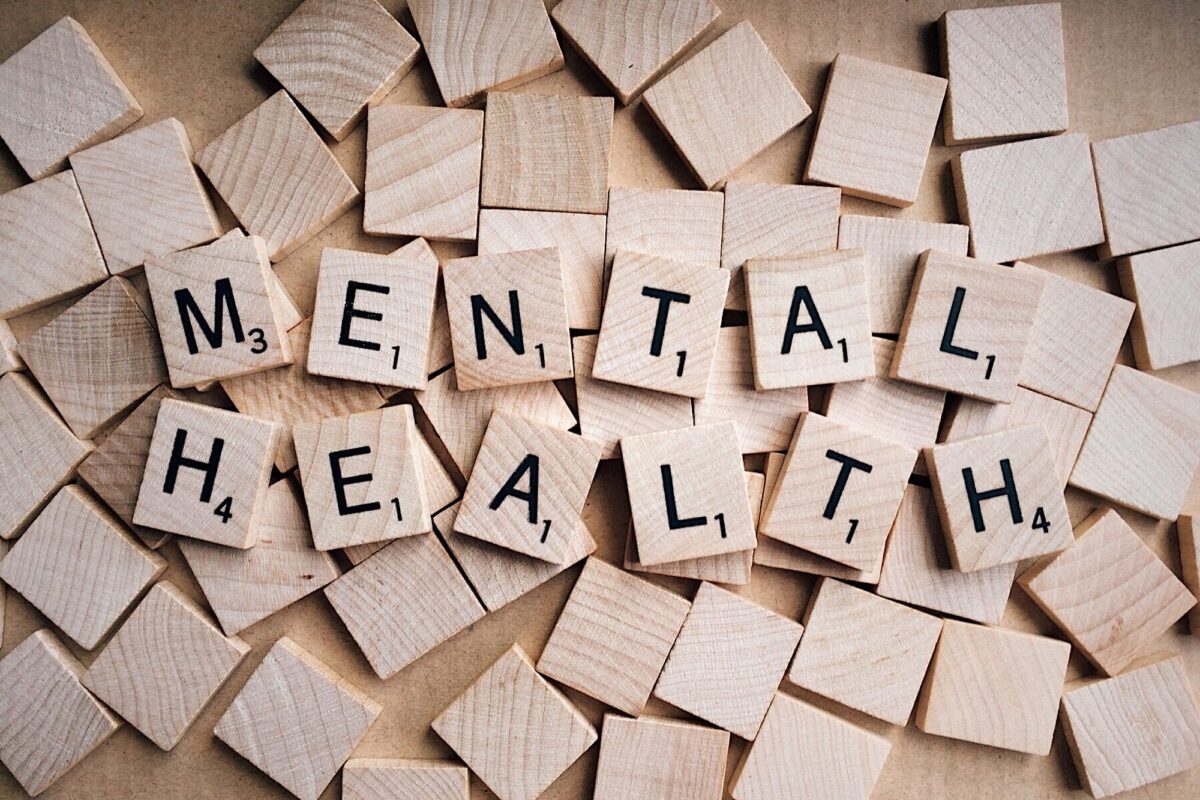The Role of Humor in: Mental Health humor

Humor has long been celebrated as a universal aspect of human life, transcending cultural and geographical boundaries. Beyond its entertainment value, humor plays a significant role in mental health, offering numerous psychological and physiological benefits. This article explores the multifaceted ways in which humor contributes to mental well-being, its therapeutic applications, and practical strategies for incorporating more laughter into everyday life.
The Psychological Benefits of Humor
Stress Reduction
Humor is a powerful stress-relief tool. When we laugh, our body undergoes physiological changes that help mitigate the effects of stress:
Endorphin Release:
Laughter triggers the release of endorphins, the body’s natural feel-good chemicals. These hormones promote a sense of well-being and can temporarily relieve pain.
Lower Cortisol Levels:
Laughing reduces the levels of cortisol, the stress hormone, which can help lower overall stress.
Improved Mood
Humor can significantly enhance mood and combat feelings of depression and anxiety. A good laugh can:
Boost Dopamine Levels:
Dopamine is associated with pleasure and reward. Laughter increases dopamine levels, leading to improved mood.
Foster a Positive Outlook:
Regular laughter can help maintain a positive attitude towards life’s challenges, making it easier to cope with difficulties.
Enhanced Social Connections
Humor strengthens social bonds, which are crucial for mental health:
Building Relationships:
Sharing a laugh can create a sense of connection and intimacy among individuals, fostering stronger relationships.
Reducing Social Anxiety:
Humor can serve as an icebreaker, reducing social tension and making social interactions more enjoyable and less intimidating.
Cognitive Benefits
Humor also positively impacts cognitive functions:
Enhanced Creativity:
Engaging in humorous activities can stimulate creative thinking and problem-solving skills.
Improved Memory:
Laughter and humor have been shown to improve memory and cognitive flexibility, particularly in older adults.
Humor in Therapeutic Settings
The therapeutic use of humor, often referred to as humor therapy or laughter therapy, has gained recognition for its effectiveness in promoting mental health. This approach involves using humor to facilitate healing and improve psychological well-being.
Humor Therapy in Clinical Practice
Therapists and mental health professionals integrate humor into various therapeutic modalities:
Cognitive Behavioral Therapy (CBT)Humor is used to reframe negative thoughts and reduce the severity of cognitive distortions.
Group Therapy:
Humor can enhance group cohesion and make therapeutic sessions more engaging and less intimidating.
Laughter Yoga
Laughter yoga combines voluntary laughter with yoga breathing exercises. This practice is based on the principle that the body cannot distinguish between real and simulated laughter:
Physical Exercise:
Engaging in laughter yoga provides physical exercise, which is beneficial for overall health.
Emotional Release:
The practice encourages emotional expression and release, reducing tension and fostering a sense of joy.
Practical Strategies for Incorporating Humor
Incorporating humor into daily life can be a powerful way to boost mental health. Here are some practical strategies:
Watch or Listen to Comedy
TV Shows and Movies:
Watch comedies that make you laugh and uplift your spirits.
Stand-Up Comedy
Attend live comedy shows or listen to stand-up performances online.
Read Humorous Books and Articles
Books:
Choose books by authors known for their wit and humor.
Online Content:
Follow websites, blogs, or social media accounts that regularly post humorous content.
Engage in Playful Activities
Games
Play games that involve humor, such as charades or board games designed to make you laugh.
Improve:
Join an improvisational comedy group or take a class to learn how to think on your feet and find humor in various situations.
Surround Yourself with Funny People
Friends and Family:
Spend time with people who have a good sense of humor and can make you laugh.
Work Environment:
Foster a workplace culture that values humor and light-hearted interactions.
Practice Self-Deprecating Humor
Lighten Up:
Don’t be afraid to laugh at yourself. Self-deprecating humor can be a great way to keep things in perspective and not take yourself too seriously.
Humor and Mental Health Conditions
Humor can play a supportive role in managing various mental health conditions:
Depression
While humor should not replace professional treatment for depression, it can complement other therapies:
Mood Enhancement:
Regular exposure to humor can help improve mood and provide temporary relief from depressive symptoms.
Social Interaction:
Humor can facilitate social interactions, which are often challenging for individuals with depression.
Anxiety
Humor can alleviate anxiety by:
Reducing Worry:
Laughing at anxiety-provoking situations can diminish their power and reduce worry.
Promoting Relaxation:
Laughter induces a relaxed state, counteracting the physical symptoms of anxiety.
Chronic Illness
For individuals dealing with chronic illness, humor can:
Improve Quality of Life
Laughter can enhance the overall quality of life by providing joy and distraction from pain.
Strengthen Coping Mechanisms:
Humor can serve as a coping mechanism, helping individuals manage the emotional impact of their condition.
Conclusion
Humor is a powerful, multifaceted tool for enhancing mental health. Its benefits range from stress reduction and mood improvement to fostering social connections and cognitive enhancement. By incorporating humor into daily life and therapeutic practices, individuals can harness its healing power to achieve better mental well-being. Whether through laughter yoga, watching comedies, or engaging in playful activities, finding ways to laugh and enjoy humor can lead to a happier, healthier life










